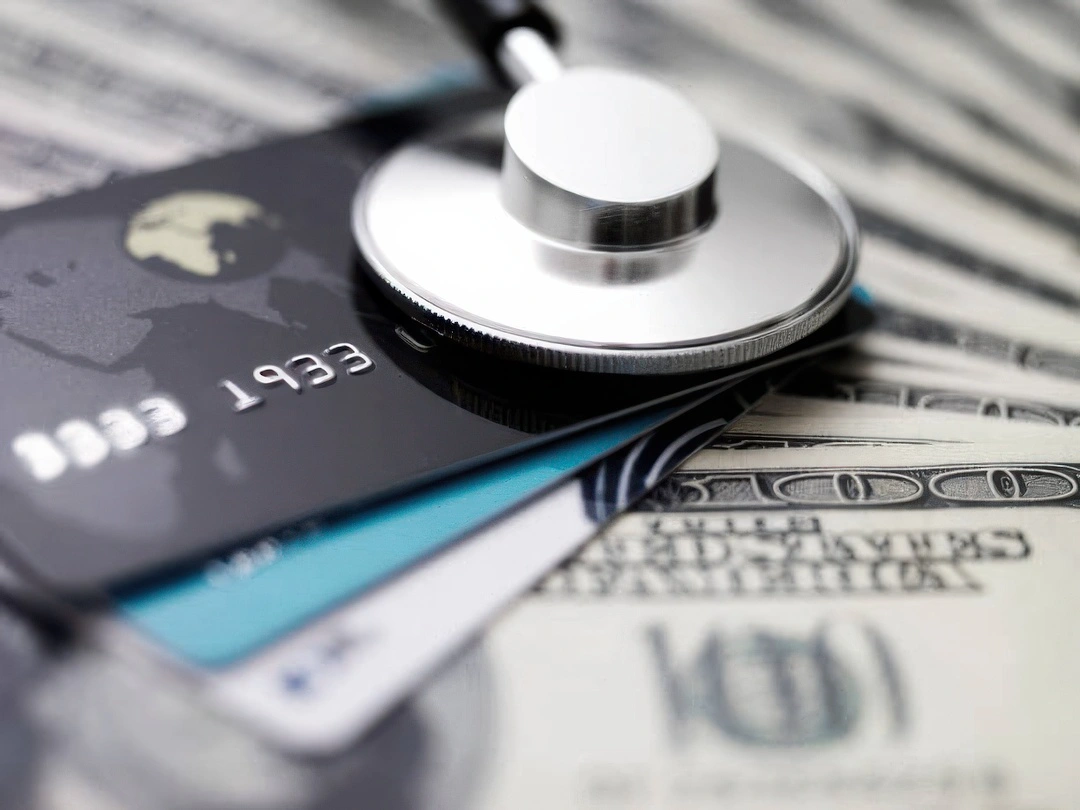First responders dedicate their lives to protecting and serving our communities. They face danger, stress, and long hours, often putting the needs of others before their own. But while they excel at safeguarding our well-being, it’s equally important for first responders to prioritize their own financial health.
Financial wellness is about more than just having money; it’s about having peace of mind and security, knowing you can handle life’s unexpected challenges, and planning for a comfortable future. This is especially crucial for first responders, who often face unpredictable income streams, demanding work schedules, and the potential for career-ending injuries.
Taking Control of Your Finances
Here are some essential tips to help first responders achieve financial wellness:
1. Create a Budget:
- Track your spending: Understand where your money is going each month. Use a budgeting app, spreadsheet, or notebook to monitor your income and expenses.
- Identify areas to cut back: Look for non-essential expenses that can be reduced or eliminated.
- Prioritize savings: Make saving a regular part of your budget, even if it’s a small amount. Set realistic savings goals and automate transfers to your savings account.
2. Build an Emergency Fund:
- Aim for 3-6 months of living expenses: Having a financial cushion can protect you in case of unexpected events like injury, illness, or job loss.
- Keep it separate from your regular checking account. This will help you avoid using your emergency fund for non-essential expenses.
- Consider a high-yield savings account: Maximize your savings by earning a higher interest rate.
3. Plan for Retirement:
- Start early: The sooner you start saving for retirement, the more time your money has to grow.
- Contribute to your employer’s retirement plan: Take advantage of employer-matching contributions.
- Explore other retirement savings options: Consider opening an Individual Retirement Account (IRA) or Roth IRA.
4. Protect Yourself with Insurance:
- Health Insurance: Ensure you have adequate health insurance coverage for yourself and your family.
- Disability Insurance: Protect your income if you cannot work due to injury or illness.
- Life Insurance: Provide financial security for your loved ones in the event of your death.
5. Seek Financial Guidance:
- Consult a financial advisor: A qualified financial advisor can help you create a personalized financial plan, make investment decisions, and plan for your future.
- Take advantage of free resources: Many organizations offer free financial education and counseling services.
Resources for First Responders:
- National First Responders Fund (NFRF): https://www.nfrf.org/ The NFRF provides financial assistance to first responders and their families during crises, including medical emergencies, natural disasters, and line-of-duty deaths.
- First Responders Children’s Foundation: https://1strcf.org/ This foundation offers financial grants to families of first responders who have lost a parent in the line of duty or are facing significant financial hardship.
- Gary Sinise Foundation: https://www.garysinisefoundation.org/ The Gary Sinise Foundation provides various programs and resources to support first responders, including financial assistance, home modifications for wounded heroes, and mental health services.
Taking Charge of Your Financial Future
Financial wellness is an ongoing journey, not a destination. You can achieve greater financial security and peace of mind by taking proactive steps to manage your money, plan for the future, and seek support when needed. Just as you dedicate yourselves to protecting our community, take the time to protect your own financial well-being.

